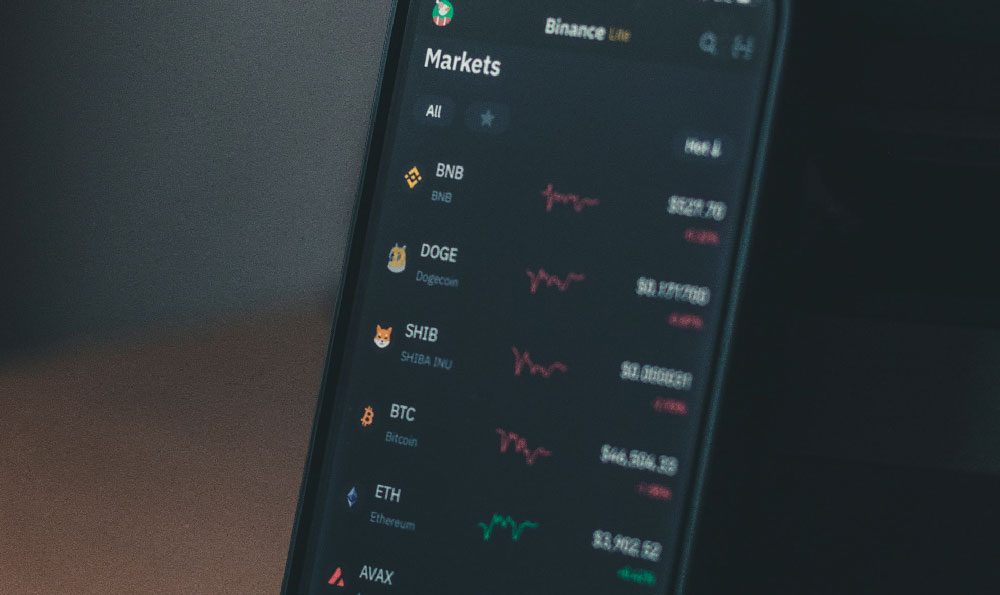Robert Reich's approach to income generation and financial stewardship offers a compelling framework for understanding how strategic diversification can underpin long-term wealth creation. As a renowned economist and former U.S. Labor Secretary, his career has been defined by an analytical perspective on economic systems, yet his personal financial practices subtly mirror principles applicable to modern investment strategies, particularly within the realm of virtual currency. This duality—between systemic analysis and individual financial management—provides a unique lens to dissect the interplay of income streams, risk mitigation, and market dynamics. While Reich's focus lies in macroeconomic policies, his advocacy for creating sustainable income diversity aligns with the ethos of crypto investment, where adaptability and foresight are paramount.
The foundation of Reich's financial resilience lies in his deliberate construction of multiple revenue sources. During his tenure as a public servant, he was known for intertwining his consulting work with academic research, ensuring that his income was not tethered to a single entity or opportunity. This practice of diversification, though rooted in traditional economics, is akin to the multi-asset strategies employed by savvy investors in virtual currency markets. The digital asset landscape, characterized by volatile price movements and emerging technologies, necessitates a similar approach. By allocating resources across different investment vehicles, individuals can insulate themselves from the inherent uncertainties of any single market. For instance, a portfolio that combines established cryptocurrencies like Bitcoin with newer projects or tokenized assets may provide a more balanced trajectory than overreliance on one asset. Reich's method underscores that financial stability is not derived from excess but from thoughtfully structured alternatives that compensate for periods of stagnation or decline.
Reich's insights into the interdependency of income sources further highlight the importance of liquidity management in virtual currency investment. His focus on ensuring that financial systems remain adaptable to changing economic conditions aligns with the necessity for investors to maintain access to liquid assets. In the crypto arena, where liquidity can be constrained by market conditions or regulatory shifts, this principle is critical. A robust investment strategy should incorporate mechanisms to preserve capital during market downturns, such as securing a portion of holdings in stablecoins or other low-volatility digital assets. This approach not only safeguards against sudden losses but also provides the flexibility to capitalize on emerging opportunities when they arise. The distinction between Reich's economic advocacy and crypto investment lies in scale, but the underlying philosophy remains consistent: resilience is built through preparedness and versatility.

The role of technical indicators in predicting market trends is a cornerstone of effective virtual currency investment. Reich's analysis of systemic economic patterns offers a strategic lens to evaluate macroeconomic factors that might influence crypto markets, such as regulatory developments, technological advancements, or geopolitical shifts. However, within the crypto ecosystem, investors must also pay attention to micro-level data. Technical indicators like moving averages, RSI (Relative Strength Index), and volume analytics provide actionable insights into price movements, helping investors identify potential entry or exit points. For example, a rising RSI coupled with increased trading volume might signal a bullish trend, while a divergent moving average could indicate an upcoming correction. Reich's emphasis on data-driven decision-making resonates with the need for investors to interpret such signals with the same rigor he applied to economic policy analysis.
Risk management in virtual currency investment often involves balancing potential gains against the probability of loss, a concept that Reich's work on economic inequality inadvertently addresses. His studies revealed how concentrated wealth can lead to systemic vulnerabilities, a parallel that holds true for crypto portfolios with overexposed positions. Effective risk mitigation requires not only diversifying across assets but also understanding the broader socio-economic context. For instance, the regulatory environment in jurisdictions like the U.S. or EU significantly impacts profitability, and neglecting this aspect can lead to unforeseen consequences. Investors who align their strategies with Reich's principles of systemic accountability might prioritize projects with clear regulatory frameworks or consider the geopolitical risks associated with different blockchain ecosystems. This method ensures that financial decisions are not only based on technical metrics but also informed by external variables that could influence market outcomes.
The intersection of income generation and investment growth is particularly relevant in the context of virtual currency. Reich's career, which spanned both public service and private consulting, exemplifies the value of leveraging multiple competencies to create financial leverage. Similarly, investors can harness their unique skills to identify opportunities in the crypto market, whether through coding expertise, market analysis, or community engagement. This decentralized approach to earning and investing allows individuals to navigate the market with a blend of knowledge and intuition, much like Reich's ability to synthesize economic theories with practical policy implementations. The result is a more holistic strategy that accounts for both passive income streams and active investment decisions, ensuring sustained growth over time.
Ultimately, Reich's financial background offers a blueprint for navigating the complexities of virtual currency investment. His emphasis on adaptability, liquidity, and systemic oversight translates into actionable steps for investors aiming to build both wealth and resilience. By mirroring his principles—diversifying income sources, analyzing technical indicators, and managing risk through informed decision-making—individuals can craft strategies that align with the dynamic nature of the crypto market. The key takeaway is that financial growth is not a linear process but a multifaceted endeavor requiring foresight, discipline, and an understanding of both micro and macro factors. Reich's legacy, though rooted in traditional economics, remains a valuable guide for anyone seeking to master the art of investment in an evolving financial landscape.












